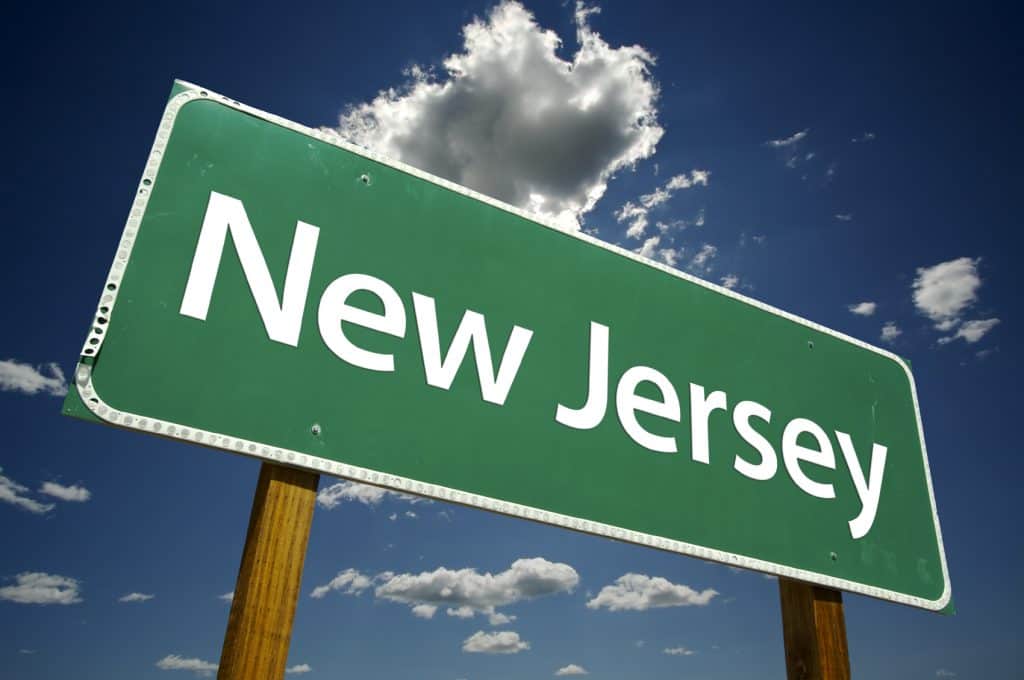New Jersey is home to Atlantic City, one of the premier gambling destinations in the United States, and Atlantic City online gambling is possible because of a bill authorized by Governor Chris Christie back in 2013. Residents seem to be enjoying the online casino and poker options, as the state’s online gambling industry has surpassed $20 million for 6 straight months.
The Garden State is 1 of 3 states with legal online gambling, the other 2 being Nevada and Delaware. Online casinos in Atlantic City have been the bigger draw of the 2 legal gambling forms, with the casino sector raking in $19.2 million in revenue for the month of August. This was a 3% increase from the previous month. In fact, August was the second-most successful month for the NJ online casino sector, falling just short of the record $19.5 million figure posted in March. These figures do not include licensed offshore online casinos accepting Atlantic City players.
There are several big name online casinos contributing to this revenue stream. Golden Nugget is the most successful, raking in over $5 million in August. This was a decrease from their previous month, but a down month for Golden Nugget is still well ahead of their competitors. It’s overall online casino activity is up, but the fluctuating revenue has led some analysts to believe it may lose its top spot soon. Caesars (which includes 888, Caesars, Harrah’s and WSOP) was once in the bottom spot but has become the second highest grossing online casino option via a meteoric rise. It’s latest revenue figures put it close behind Golden Nugget, and with GN’s revenue jumping around, it appears Caesars may be moving to control more of the market.
Online poker in Atlantic City is a different story. The portion of overall revenue contributed by online poker pales in comparison to the online casino market. For the month of August, online poker pulled in $2.1 million. While this was up from previous months, local government would like to see higher yields. New Jersey has proposed the idea of launching an interstate online poker network between itself, Nevada and Delaware to increase the player pool (thus generating more traffic, revenue, etc.) but nothing has materialized yet. NJ has also reached out to international markets, like the United Kingdom, but as the US online gambling market currently stands, there is not much incentive for anyone to join forces.
Widespread legalization would benefit New Jersey in its quest for higher revenue streams. The month-to-month numbers show that interest is there, and despite the fact that the majority comes through online casinos, residents are still utilizing both online casino and poker destinations. $20 million in revenue is good for any state, and other states may decide to implement NJ’s model if this yield remains consistent. The addition of online sports betting would certainly help, and New Jersey may be able to do that if they win their ongoing case with the US Supreme Court. For now, residents can enjoy both safe and legal online gambling through casinos and poker.

